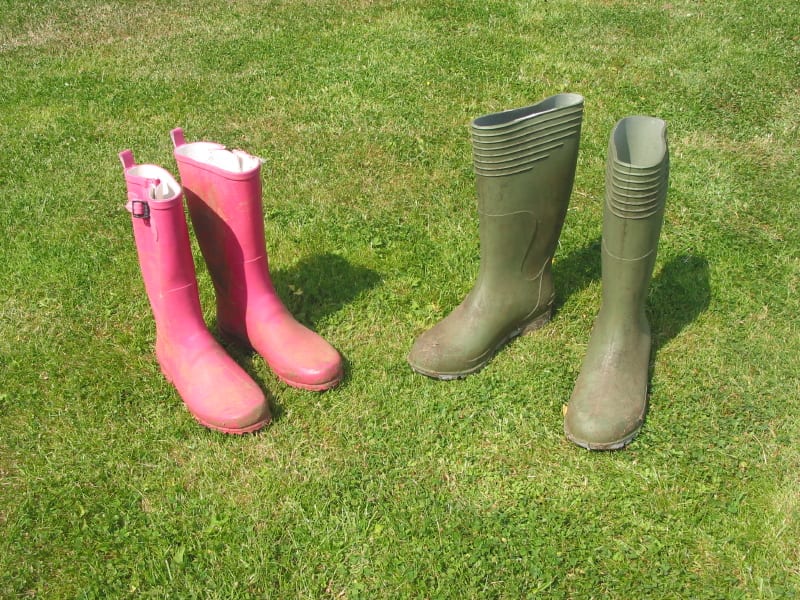My girlfriend once told me that the names of imaginary friends are actually names of children that have died in your house. That’s an awesome urban legend isn’t it?
Well, it turns out her imaginary friend’s name was Jolef, which is a fairly random name to come up with when you are five. She Googled the name when she was older and it turns out there was a child named Jolef that died in her parents’ house long before they lived there.
Creepy right? We’ll chalk that up to a very, very weird coincidence and not that my friend can see dead people, she certainly doesn’t claim to.
But I digress…
Imaginary friends are a natural part of growing up and can be a child’s way of dealing with a new or changing situation.
My daughter does not have an imaginary friend, but instead has an imaginary family. She tries to get her big brother to play along and at one point he had 18, 5-year-old kids. A handful to say the least, but at least they’re quiet.
My daughter has since scaled back and she now has three imaginary kids. We don’t know anything more about them, apparently they don’t have names, which allows me to sleep better at night. But they really like grilled cheese sandwiches and we always have to wait until they are buckled in in the car, fortunately, they can buckle-in themselves.
I really don’t mind playing along, I actually find it very entertaining and more insightful than anything. I like that she speaks nicely to her kids. I’d be worried about how she’s interpreting things I say if she weren’t. It actually allows her to speak quite freely and I’ve heard some pretty amazing things come out of her mouth. She’s always telling them, “We don’t play while we eat and we don’t eat while we play” – not something I say, but I might steal it.
It was often thought that only children or children who aren’t socialized are kids that have imaginary friends and this isn’t the case at all. Sixty-five percent of young kids will have a make believe friend.
Imaginary friends can help kids with a new situation, my daughter just started at a new school so this is likely her way of coping with the change. They can also help a child cope with learning a new skill, and for some the sole purpose is that the make believe is fun according to Psychology Today.
For now, I’ll rest easy, knowing that her imaginary kids make her happy so I’ll continue to play with her brood and make them lunch. That is, until they take on names, then I may have to plug my ears and feign deafness.
Does your little one have an imaginary friend?





